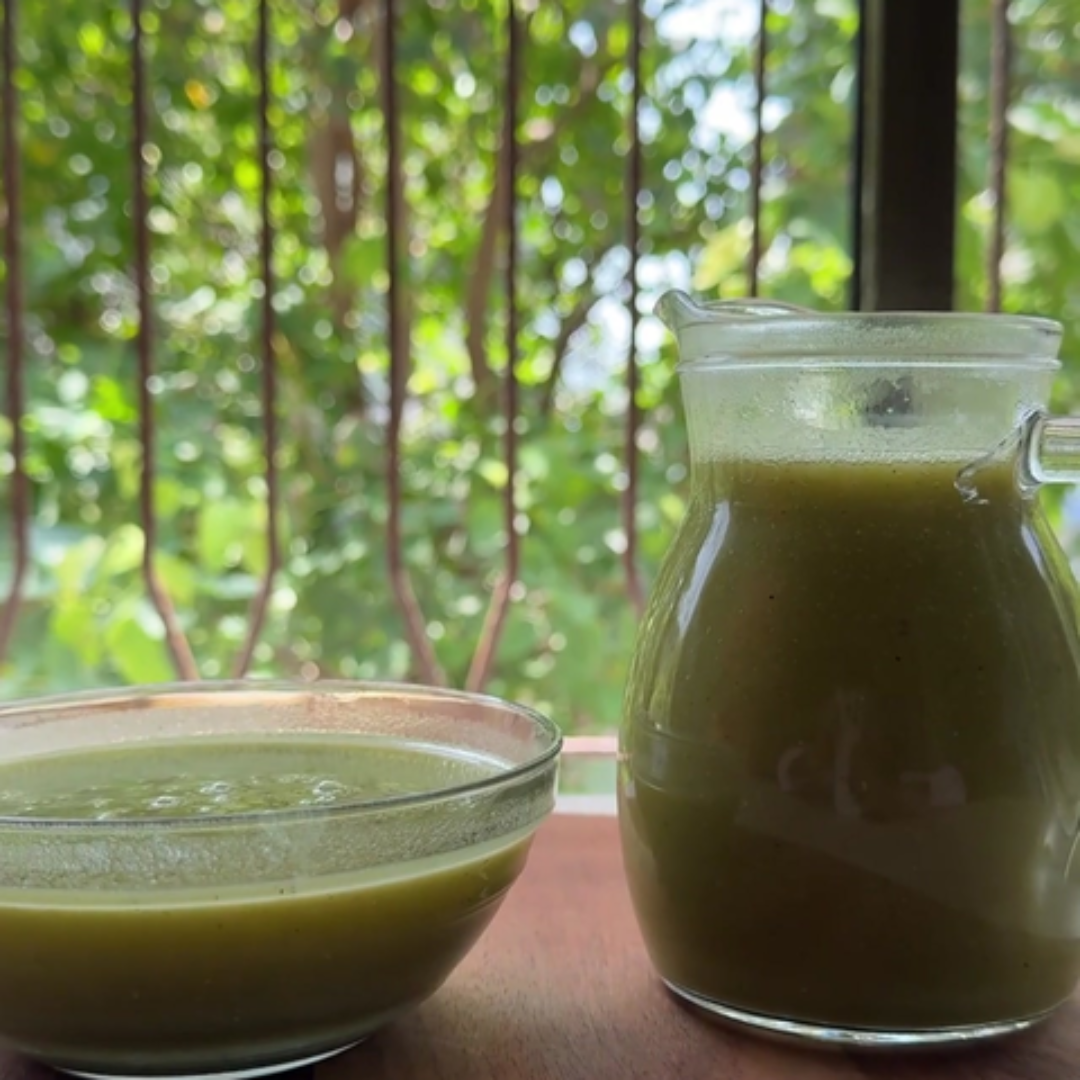Extra Virgin Olive oil is one of those ingredients that quietly makes its way into kitchens and stays there. For centuries, it has been an essential part of daily cooking in many parts of the world, valued not only for its taste but also for its incredible versatility. A spoonful of Extra Virgin olive oil can do many things enhance the freshness of vegetables, balance the spices in a curry, or bring depth to bread and pasta. Gentle enough to use raw and stable enough for cooking,Extra Virgin olive oil has become a staple far beyond the regions where it was first cultivated.
What truly sets Extra Virgin olive oil apart is the balance it offers. Unlike heavier oils, it adds flavour without overpowering other ingredients. It blends effortlessly with herbs, grains, pulses, and spices, making it suitable for both simple home meals and elaborate recipes. Whether you’re preparing a quick stir-fry, a light salad, or slow-cooked comfort food, Extra Virgin olive oil adapts seamlessly to the rhythm of the kitchen.
1. Drizzling Over Salads

Extra Virgin Olive oil makes a perfect base for salad dressings. A quick drizzle over leafy greens, tomatoes, or even grains such as quinoa and couscous can unify the flavours of the entire plate. Pair it with a squeeze of lemon juice, a pinch of salt, and freshly cracked black pepper for a light and refreshing dressing. For a richer flavour, mix it with herbs or crushed garlic. Unlike bottled dressings that can be overly sweet or artificial, Extra Virgin olive oil keeps your salads fresh, natural, and completely adaptable.
2. Cooking Vegetables

Sautéing or roasting vegetables in Extra Virgin olive oil allows them to caramelise gently while maintaining their natural flavours. It complements everything from sweet peppers and courgettes to root vegetables such as carrots, potatoes, and parsnips. A small amount of Extra Virgin olive oil ensures that the vegetables cook evenly without sticking to the pan, giving them a beautiful golden colour and a depth of flavour that’s hard to replicate with other oils.
3. Baking With Extra Virgin Olive Oil

Extra Virgin Olive oil has increasingly become a favourite among bakers as a substitute for butter in cakes, muffins, and breads. It provides moisture and tenderness without making baked goods heavy. Extra Virgin Olive oil pairs especially well with citrus-based desserts, spiced loaves, or nutty cakes, subtly enhancing the flavours while keeping the texture light and soft. Using Extra Virgin olive oil in baking is also a healthier alternative, bringing heart-friendly monounsaturated fats into your sweet treats.
4. For Marinades

One of the most versatile uses of Extra Virgin olive oil is as a base for marinades. Its natural composition allows it to carry and enhance the flavours of garlic, herbs, chilli, or spices. When used to marinate vegetables, paneer, tofu, or meats, Extra Virgin olive oil ensures the seasoning penetrates evenly, keeping the food moist and flavourful during grilling, roasting, or pan-frying.
5. As a Dip

Extra Virgin Olive oil is also one of the simplest and most satisfying accompaniments to bread. Combine it with balsamic vinegar, crushed garlic, herbs, or even a hint of chilli, and you have a quick and delicious appetizer ready in minutes. This method is also an excellent way to enjoy the natural taste and aroma of high-quality Extra Virgin olive oil on its own.
6. In Soups and Stews

Adding a spoonful of Extra Virgin olive oil towards the end of cooking a soup or stew can transform the dish. It adds body, ties the flavours together, and gives a smooth, velvety finish. Whether it’s a hearty lentil soup, minestrone, or a simple tomato broth,Extra Virgin olive oil provides warmth, balance, and depth, making the dish more comforting and satisfying.
7. Light Frying

While deep-frying is not typically recommended with Extra Virgin olive oil, it works exceptionally well for light frying and sautéing. Use it to shallow-fry cutlets, sauté garlic, or pan-cook vegetables. Extra Virgin Olive oil gives a clean taste without leaving the food greasy, making it ideal for everyday cooking. Its mild flavour allows the ingredients to shine without being overpowered.
8. Pasta and Grain Bowls

A drizzle of Extra Virgin olive oil over pasta, rice, or millet bowls can instantly elevate a simple meal. It adds shine, helps grains separate, and blends effortlessly with any herbs or spices added. This small addition makes everyday meals more satisfying, enhancing both texture and flavour. Extra Virgin Olive oil is the finishing touch that ties together the different elements on your plate.
9. Homemade Condiments

Extra Virgin Olive oil can be used to create a range of homemade condiments such as chutneys, pestos, and flavoured oils. Blend it with basil, nuts, and garlic to make a classic pesto, or infuse it with chilli, rosemary, or thyme for a customised oil. These condiments can be stored for later use, allowing you to add an extra burst of flavour to multiple dishes while saving time in the kitchen.
10. Grilling and Roasting

Brushing Extra Virgin olive oil onto paneer, vegetables, or flatbreads before grilling or roasting helps lock in moisture and prevents sticking. It forms a thin protective layer that allows food to cook evenly while developing a golden char. The combination of light smoky notes from grilling and the smoothness of olive oil creates a satisfying bite, enhancing both texture and taste.
FAQ
Q. Can Extra Virgin olive oil be used for high-heat cooking?
A. Extra Virgin Olive oil is ideal for medium-heat cooking, light frying, roasting, and sautéing. Extra virgin olive oil has a lower smoke point than refined olive oils, so deep-frying is not recommended.
Q. What is the difference between extra virgin olive oil and regular olive oil?
A. Extra virgin olive oil comes from the first cold pressing of olives, providing a rich flavour and higher levels of antioxidants. Regular or refined olive oil has a more neutral taste and is better suited for cooking at higher temperatures.
Q. Can Extra Virgin olive oil be used in baking?
A. Yes! Extra Virgin Olive oil can replace butter or other oils in many recipes. It works especially well in cakes, muffins, breads, and citrus or spiced desserts.
Q. How should Extra Virgin olive oil be stored?
A. Store Extra Virgin olive oil in a cool, dark place away from direct sunlight and heat. Proper storage preserves its natural flavour, aroma, and nutritional properties.
Q. Can Extra Virgin olive oil be used raw?
A. Absolutely! Drizzle it over salads, soups, cooked vegetables, or pasta to add richness, flavour, and a smooth finish.




